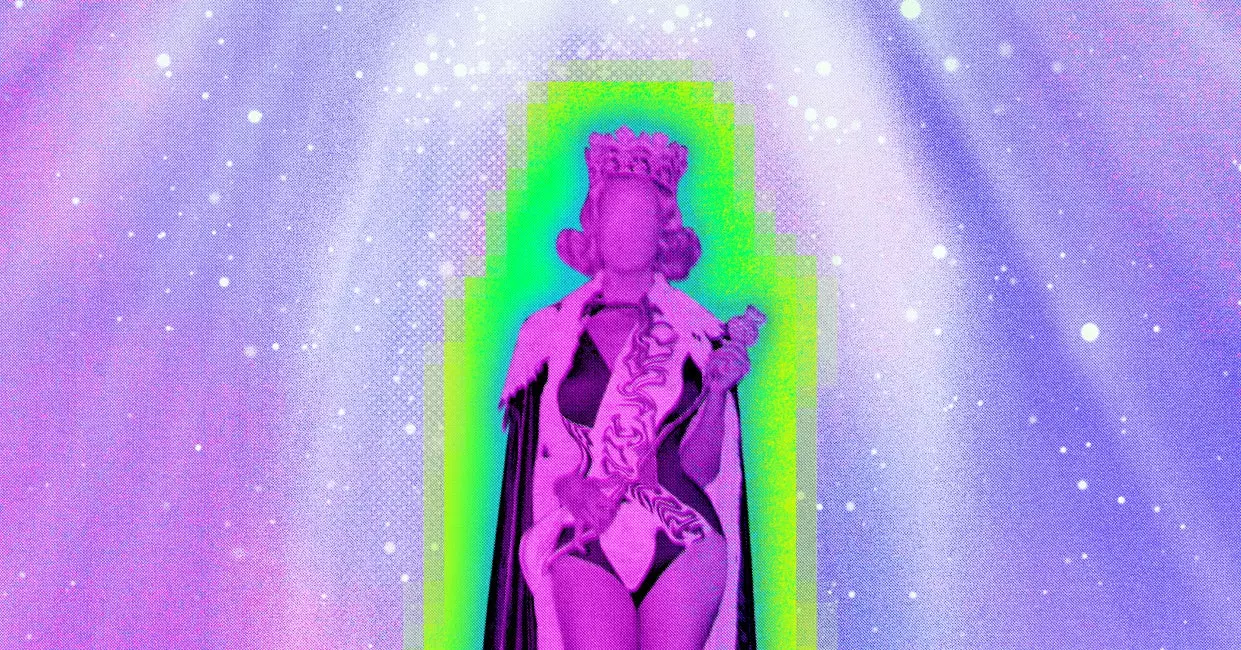The concept of AI beauty pageants raises concerns about the impact on beauty standards. According to sociologist Hilary Levey Friedman, these AI contestants are often created based on existing stereotypes of beauty. The criteria for judging these virtual contestants are influenced by societal norms, resulting in an emphasis on traditional beauty traits such as thin bodies and youthful appearances. The reliance on AI to define and perpetuate beauty ideals raises questions about diversity and representation in the digital realm.
Contest Judging Criteria
Unlike traditional beauty pageants, AI beauty contests prioritize factors like social media influence and the creators’ use of prompts to design the virtual contestants. This shift in focus highlights the evolving nature of beauty standards in the digital age. The World AI Creator Awards seek to recognize not only visual aesthetics but also the impact and engagement of these AI-generated influencers. The criteria for selecting winners reflect the changing landscape of beauty and fame in a technologically-driven society.
The lack of diversity among AI-generated beauty pageant contestants mirrors broader issues of representation in media and entertainment. As noted in a study by the Washington Post, AI programs tend to perpetuate a narrow view of beauty that aligns with mainstream standards. The predominance of thin, light-skinned, and young virtual contestants highlights a lack of inclusivity and diversity in AI-generated imagery. The limited representation of diverse beauty ideals raises concerns about the perpetuation of beauty stereotypes in the digital realm.
The Influence of Media on AI
The influence of media and entertainment on AI beauty standards is a critical issue that shapes the creation of virtual contestants. The media’s portrayal of beauty ideals and societal norms directly impact the design and aesthetics of AI-generated images. Sandhini Agarwal, head of trustworthy AI at OpenAI, points out that the dynamics of representation in media and art influence the development of AI beauty standards. The feedback loop between mass media images and AI-generated beauty reinforces existing beauty norms, perpetuating a cycle of limited diversity and representation.
As AI beauty pageants continue to gain popularity, there is a growing need to redefine beauty standards in the digital sphere. The emphasis on traditional beauty traits in AI-generated images raises questions about the diversity and inclusivity of virtual beauty contestants. By challenging existing stereotypes and promoting a more diverse range of beauty ideals, creators can reshape the landscape of AI beauty pageants. The future of AI-generated beauty lies in breaking free from conventional norms and embracing a more expansive and inclusive definition of beauty.


Leave a Reply
You must be logged in to post a comment.